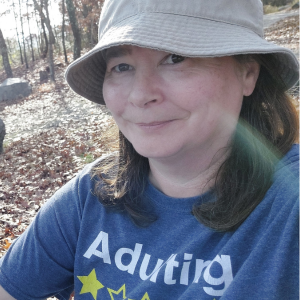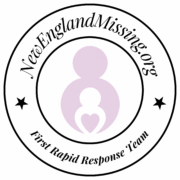Understanding the Scale and Why It Matters
It’s a strange thing, the way a person can vanish.
One minute they’re here, part of the daily rhythms we take for granted. And then, without warning, they’re gone—leaving behind only questions and the aching weight of uncertainty. For many, this experience is unthinkable. For far too many others, it’s a daily reality.
There’s something haunting about absence—not just the physical space someone leaves behind, but the unanswered questions that fill the void. When someone goes missing, it’s as if the world holds its breath. And in that stillness, we find the true weight of what it means to be connected.
So How Big Is the Problem?
It’s bigger than most of us realize.
Each year in the United States, more than 600,000 people are reported missing. That’s more than the population of Vermont. Thankfully, many are found quickly. But tens of thousands remain missing long-term. And behind every number is a person: someone’s child, sibling, friend, neighbor.
New England, with its dense forests, winding backroads, and close-knit communities, is no exception. In fact, the region’s rural stretches can make searches incredibly difficult, while cases that don’t grab headlines often fade from public memory too quickly. At New England Missing, we’re trying to change that.
Why We Should All Care
You might wonder: If I don’t know anyone who’s missing, why should this matter to me?
That’s a fair question. But let me ask you this: How would you want the world to respond if it were your loved one who vanished?
The truth is, the missing person crisis isn’t just about statistics—it’s about connection. It’s about recognizing the fragility of life and the responsibility we share to look out for one another. It’s about believing that no one is too forgotten to be found.
There’s also a deeper layer here. When people go missing, it often reveals fractures in our systems—issues of domestic violence, mental health struggles, homelessness, addiction, and systemic inequality. Indigenous women, for instance, go missing at disproportionately high rates, and their cases are often underreported or ignored. Understanding the scope of the crisis means confronting these uncomfortable truths and working toward justice.
What Can We Do?
This isn’t just a problem for law enforcement or nonprofits to solve—it’s something we can all be part of. Here are a few small but meaningful ways to engage:
- Stay informed. Follow organizations like New England Missing. Read the stories. Learn the names.
- Share. When a person is missing, time matters. A shared post could be the reason someone is recognized.
- Support families. Whether it’s through donations, volunteer time, or just listening without judgment, families need community more than anything.
- Vote with intention. Advocate for policies that fund missing persons investigations and support vulnerable populations.
Hope in the Midst of Heartbreak
Writing about missing persons can feel heavy, even overwhelming. But what keeps me grounded—what keeps so many of us going—is the unshakable belief that awareness brings change. That people care. That even in the darkest moments, there’s still hope.
If you’ve read this far, thank you. You’re part of that hope now. Let’s keep asking questions. Let’s keep caring. And let’s never forget those who are still waiting to be found.

I’m a volunteer with New England Missing, where I manage the website, social media, and help bring attention to the stories that matter most. I’m based in North Kingstown, Rhode Island, and I’ve spent years working behind the scenes as a digital content creator and writer. I believe in the power of community, clarity, and compassion. That’s what drives the work I do here.
